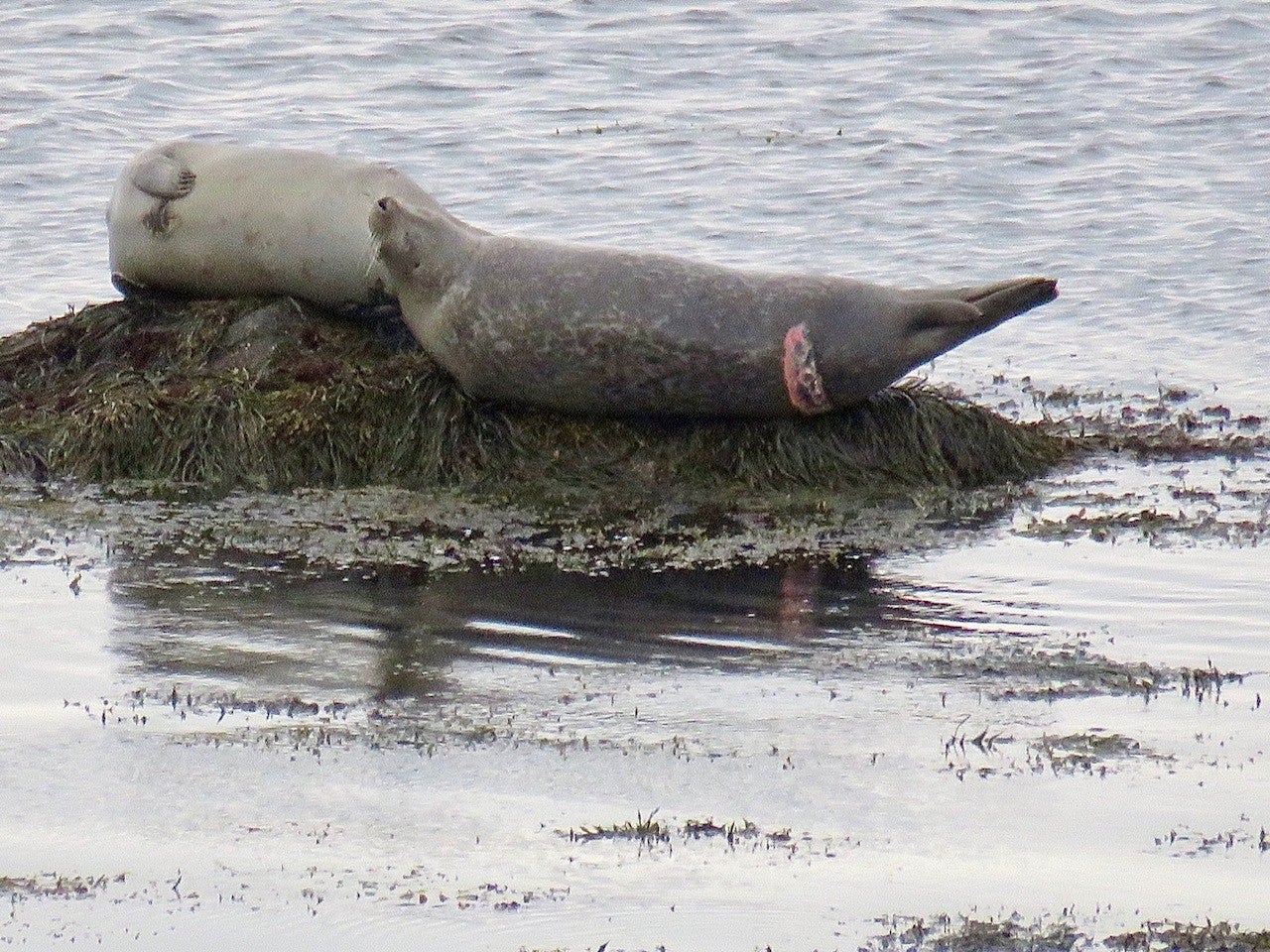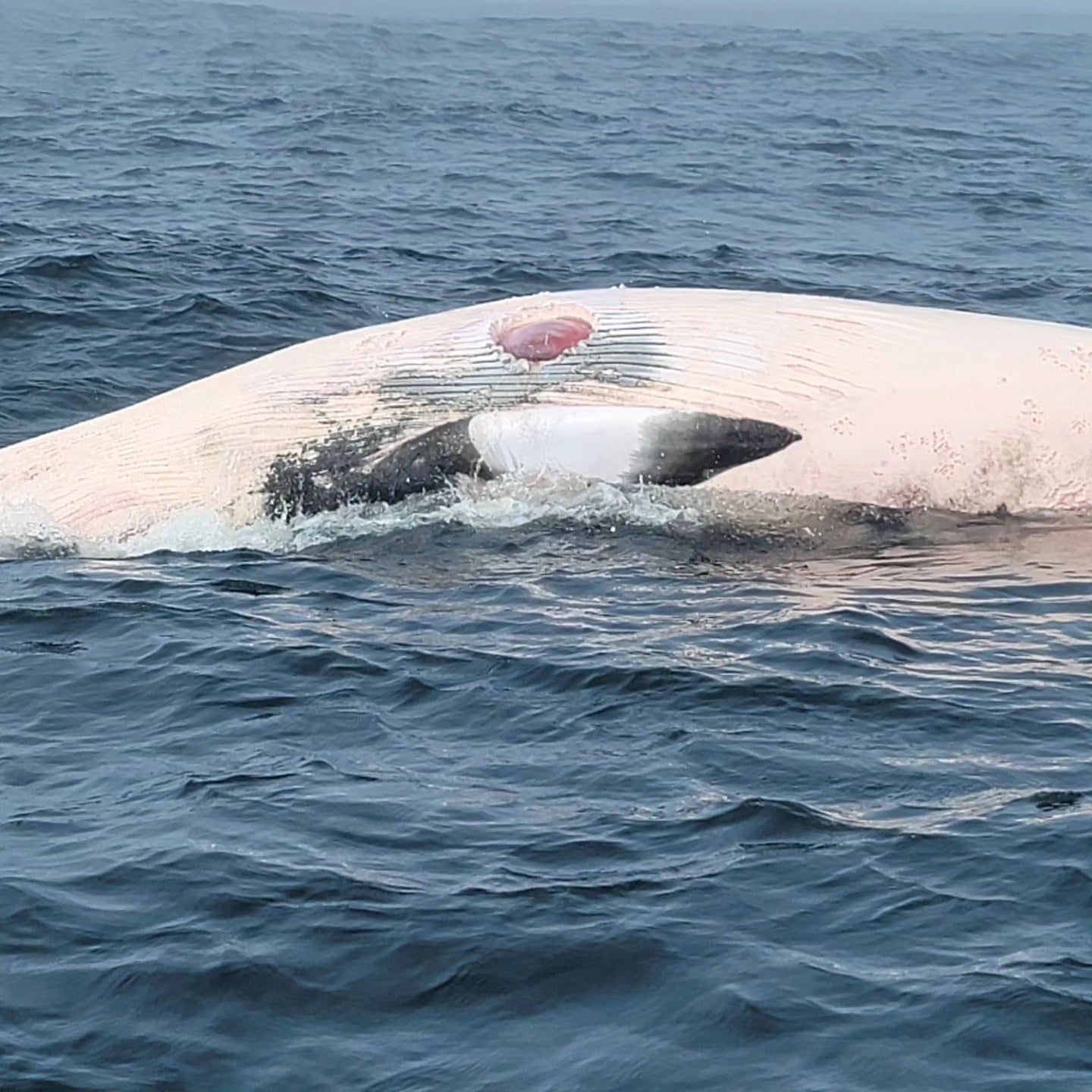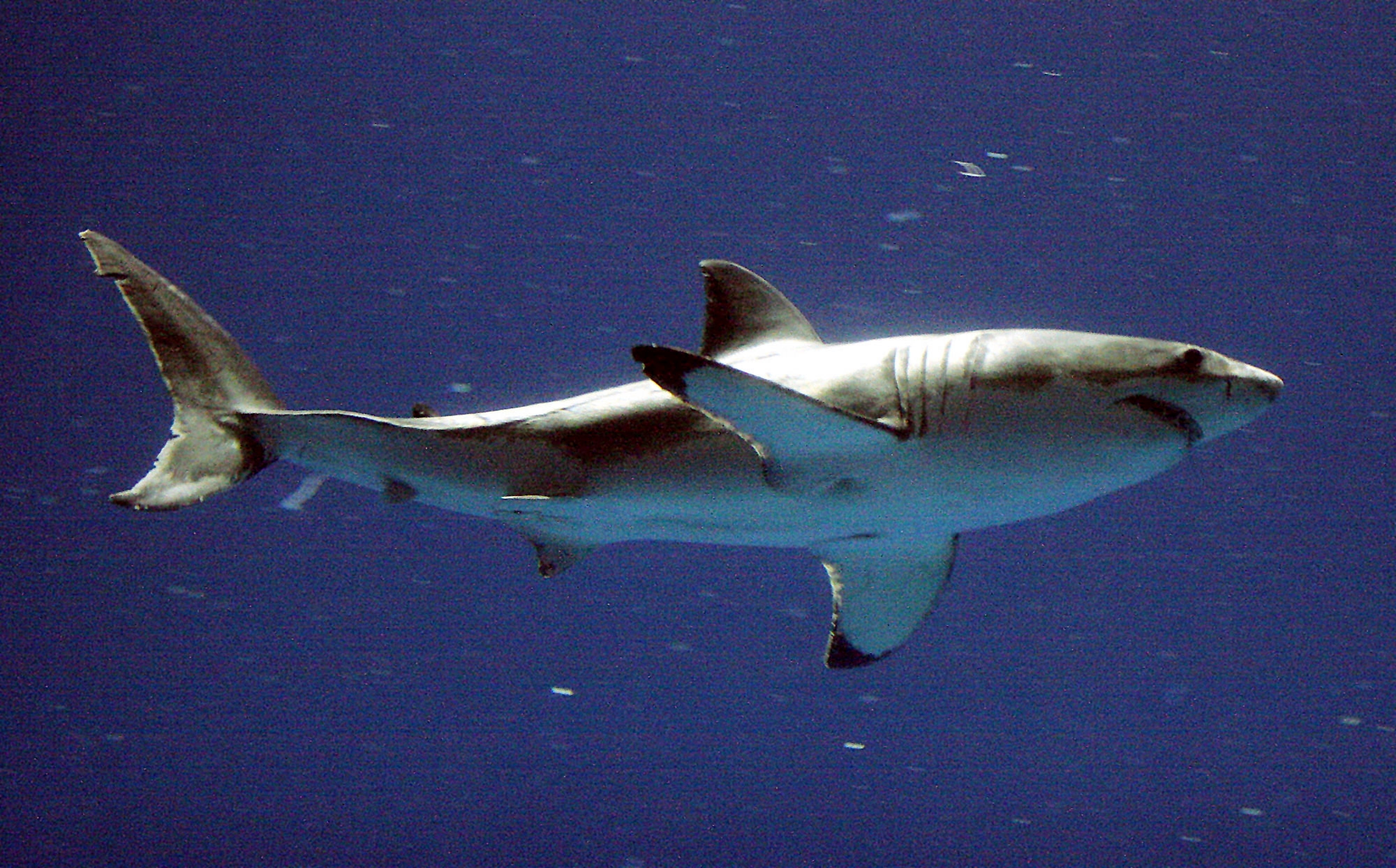Memorial Day swimmers beware! New England Aquarium warns white sharks circling Massachusetts waters
Great white sharks are returning to Cape Cod, and authorities are warning people flocking to the beach over the holiday weekend
Your support helps us to tell the story
From reproductive rights to climate change to Big Tech, The Independent is on the ground when the story is developing. Whether it's investigating the financials of Elon Musk's pro-Trump PAC or producing our latest documentary, 'The A Word', which shines a light on the American women fighting for reproductive rights, we know how important it is to parse out the facts from the messaging.
At such a critical moment in US history, we need reporters on the ground. Your donation allows us to keep sending journalists to speak to both sides of the story.
The Independent is trusted by Americans across the entire political spectrum. And unlike many other quality news outlets, we choose not to lock Americans out of our reporting and analysis with paywalls. We believe quality journalism should be available to everyone, paid for by those who can afford it.
Your support makes all the difference.Those who are choosing to spend their Memorial Day weekend at New England’s beaches are being warned by officials that they may not be the only ones flocking to the shore, as signs of white sharks have been spotted in the waters.
The New England Aquarium has warned beachgoers that there already has been harm to sea mammals in Massachussets within the water, thought to be the result of white sharks, they wrote in a press release.
The aquarium said they have found multiple marine mammals with white shark bites off the coast of the state, and hundreds of seals sighted along the beaches.
While no white sharks have yet been caught on camera, two of the animals were briefly seen from an aerial survey of Monomoy Island, the aquarium said.
Last week, the aquarium received a report from a fishing charter company that they saw a minke whale with a white shark bite off the seaside town of Chatham, at the southeastern tip of Cape Cod in Massachusetts.
John Chisholm, an adjunct scientist in the aquarium’s Anderson Cabot Center of Ocean Life, also captured images of a seal with fresh bite marks in Plymouth, around two hours away from the Chatham sighting on the other side of Cape Cod.

“We know they’re here,” Mr Chisholm said. “With beach weather in the forecast and Memorial Day Weekend approaching, this is a good reminder for people to review shark safety guidelines and be shark smart.”
Scientists usually expect to see white sharks at this time of year in the inshore waters of New England, where they return to hunt seals and other prey throughout the summer and into the fall.
“We had a white shark eat a seal in front of some whale watchers this time last year,” Mr Chisholm added to CNN.
“May is when white shark activity typically picks up, so it’s nothing out of the norm.”

The scientist emphasized that beachgoers should be aware of the presence of sharks in shallow waters, and areas should be avoided where seals can be seen, or schools of fish are visible.
Mr Chisholm added that people should also stay close to the shore, where emergency responders can access it easily if that is needed.
"These animals are very cautious, selective predators," Megan Winton with the Atlantic White Shark Conservancy told NBC Boston.
"They’re really good at what they do, and they don’t make mistakes that often, but if you are swimming in an area where large sharks are feeding on large prey, you know there’s an element of risk."

Throughout the year, more than 15 shark species reside in the waters around New England, and researchers at the aquarium work on monitoring these marine animals using innovative tagging technologies, such as satellite and camera tags, to track the sharks throughout their lives.
As for great white sharks, their numbers have increased on the Cape because of an equally growing seal population that is rebounding after being hunted to near extinction, the National Park Service says.
The aquarium is asking members of the public to report any sightings on the Atlantic White Shark Conservancy’s Sharktivity app, which helps others to be informed about any detections and raises awareness of their dangers.

Join our commenting forum
Join thought-provoking conversations, follow other Independent readers and see their replies
Comments